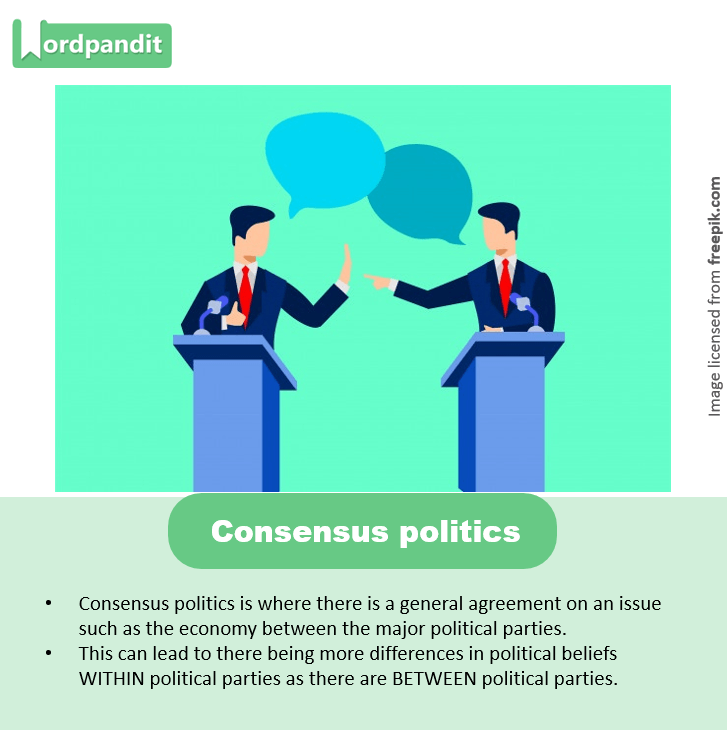1. Mercantilism
• Mercantilism is an economic practice by which governments used their economies to augment state power at the expense of other countries. Governments sought to ensure that exports exceeded imports and to accumulate wealth in the form of bullion (mostly gold and silver).
• Mercantilism, also called “commercialism,” is a system in which a country attempts to amass wealth through trade with other countries, exporting more than it imports and increasing stores of gold and precious metals. It is often considered an outdated system.
Usage: He believed in mercantilism, which favored high tariffs, and said that governments should restrict or forbid colonies from trading with rival nations.
2. Duress
• Threats, violence, constraints, or other action used to coerce someone into doing something against their will or better judgement.
Usage: Confessions extracted under duress.

3. Suo moto
• Suo motu describes an act of authority taken without formal prompting from another party. The term is usually applied to actions by a judge taken without a prior motion or request from the parties.
• Suo moto is a Latin term meaning “on its own motion”. It is used in situations where a government or court official acts of its own initiative.
Usage: The issue dates back to October 2011 when the court ordered fresh delimitation while hearing a suo motu case.
4. Psephology
• Psephology is a branch of political science, the “quantitative analysis of elections and balloting”. It studies election trends (as by opinion polls). As such, psephology attempts to scientifically explicate elections. Psephology uses historical precinct voting data, public opinion polls, campaign finance information and similar statistical data.
Usage: Drew Linzer is an American professor of political science from Emory University known for his psephology site “Votamatic”.
5. Prorogation
• The action of discontinuing a session of a parliament or other legislative assembly without dissolving it.
Usage: The government’s loss of control necessitated the prorogation of parliament.
6. Alacrity
• Brisk and cheerful readiness.
Usage: She accepted the invitation with alacrity.
7. Ableism
• Discrimination in favour of able-bodied people.
Usage: That said, as I become more aware of my limitations, I’m also becoming more aware of ableism as a concept.
8. Guffaw
• Laugh loudly and heartily.
Usage: Both men guffawed at the remark.
9. Consensus politics
• Consensus politics is where there is a general agreement on an issue such as the economy between the major political parties. This can lead to there being more differences in political beliefs WITHIN political parties as there are BETWEEN political parties.

10. Ephemerality
• Ephemerality is the concept of things being transitory, existing only briefly.
• It describes objects found in nature, although it can describe a wide range of things, including human artefacts intentionally made to last for only a temporary period, in order to increase their perceived aesthetic value.
Usage: The self-destructing messaging app is undeniably popular and part of the appeal is privacy through ephemerality.











